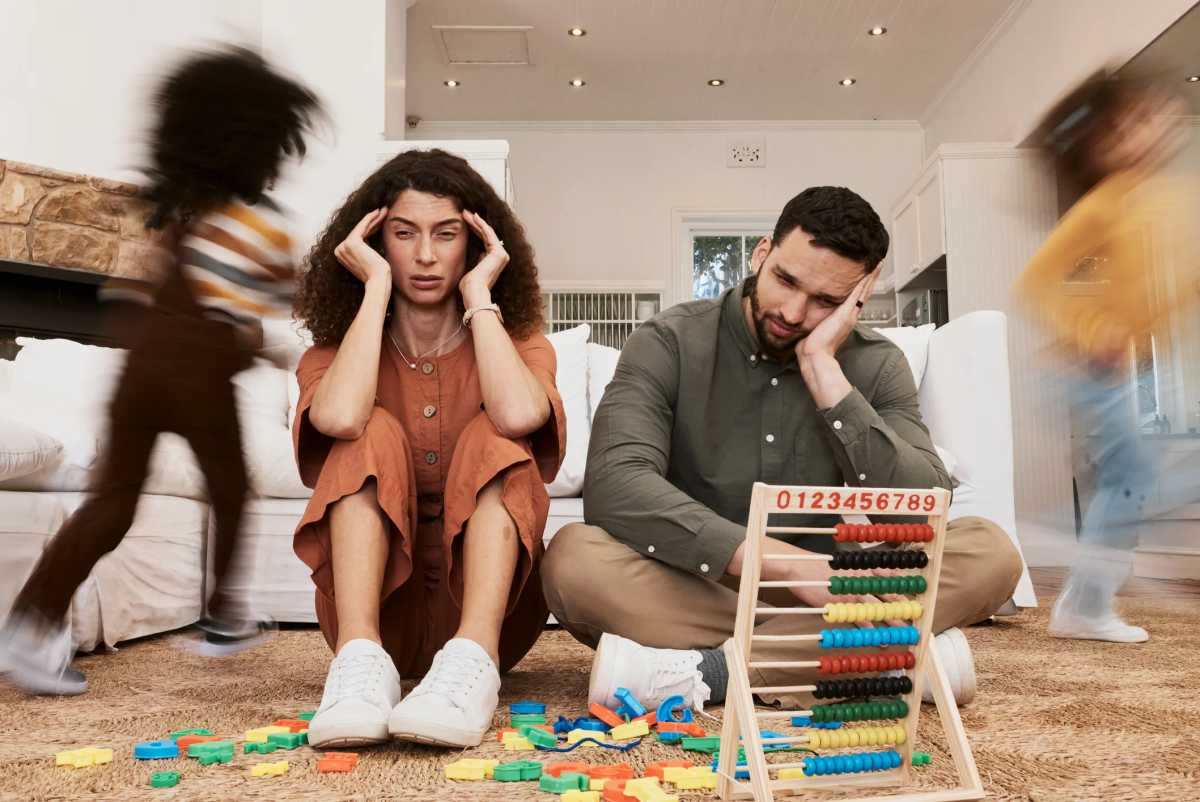As the summer winds down, many parents are confronted with a familiar complaint from their children – they don’t want school to start. Summer is fun, so this common lament is understandable. Yet, most children will be ready to attend the first day of school.
For families whose children have a difficult time with transitions, the beginning of the school year may be rocky. Children may refuse to go to bed early or wake up on time. Some may complain of physical problems or dislike their new teachers or classmates. Parents might have to take kids to school or ask school personnel to develop a modified program for a brief time.
However, a small number of children demonstrate a more serious form of school avoidance. “School Refusal” is defined as a firm and persistent refusal to attend school, or remain in class for an entire day. School refusal can be successfully treated but it is best to catch it early before the child misses important academic time.
There are generally four main reasons for school refusal:
- 1. To avoid school situations that lead to anxiety or depression.
- 2. To avoid aversive social situations such as bullying.
- 3. To gain attention from parents or significant others.
- 4. To pursue play activities or interactions with adults or children not in school.
School refusal can be seen as an extension of other oppositional behaviors. Children who have power struggles with their parents may choose to fight about school as well. Similarly, school refusal may be an extension of a child’s separation anxiety.
School refusal can occur at any time in a child’s life but certain stressful events may contribute to its onset. Moving, divorce/separation, birth of a new baby, financial difficulties or parent illness can worry a child and cause him to try to find ways to remain at home.
If a child shows persistent attempts to remain home despite the best efforts of parents and school officials, professional help may be needed. Once the contributing issues are identified, most children have a swift and successful return to the classroom.
Steven Klee, Ph.D., associate executive director, clinical and medical services at Green Chimneys.









